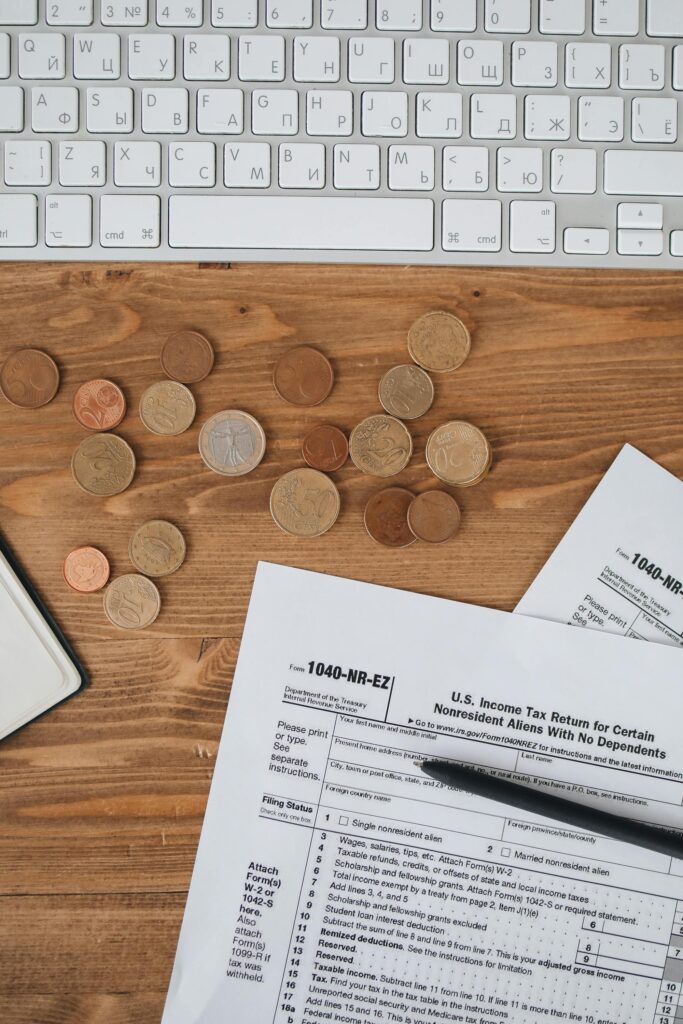
Owning a home not only provides stability and a place to create memories, but it can also offer valuable financial advantages. As the 2025 tax season unfolds, homeowners should explore various tax deductions and credits that can significantly lower their tax liability.
Standard Deduction vs. Itemized Deductions
Before diving into tax benefits, it’s essential to determine whether itemizing deductions is more beneficial than taking the standard deduction. In 2025, most taxpayers (approximately 90%) are expected to claim the standard deduction because it often results in a greater tax benefit. However, if your itemized deductions exceed the standard deduction amount, you could save more by itemizing. Common itemized deductions for homeowners include mortgage interest, property taxes, and certain home improvements.
Mortgage Interest Deduction
One of the most significant tax advantages of homeownership is the mortgage interest deduction. If you itemize, you can deduct the interest paid on up to $750,000 of your mortgage principal for your primary or secondary residence. For married couples filing separately, the limit is $375,000. If you purchased your home before December 16, 2017, higher limits may apply but this are substantial homeowner tax benefits in 2025.
Additionally, if you paid mortgage points to reduce your interest rate, you might also be eligible for a deduction. Check Form 1098 from your lender to review your mortgage interest payments.
State and Local Tax (SALT) Deduction
For those who choose to itemize, the SALT deduction allows you to deduct up to $10,000 in combined property, income, and sales taxes ($5,000 for married individuals filing separately). This deduction is particularly beneficial for homeowners in high-tax states. However, it’s important to note that the current $10,000 cap, established by the Tax Cuts and Jobs Act (TCJA), is set to expire after the 2025 tax year.
Home Improvements That Can Lower Your Taxes
While general home repairs don’t qualify for tax deductions, certain capital improvements that enhance your home’s value or prolong its lifespan may offer financial benefits.
- Medical Necessity Upgrades: Modifications such as wheelchair ramps, widened doorways, and bathroom grab bars may qualify as deductible medical expenses.
- Home Office Deductions: If you use part of your home exclusively for business purposes, expenses related to improving that space may be tax deductible.
- Home Sale Exclusions: Capital improvements increase your home’s cost basis, which can reduce the taxable gain when you sell your home. If you sell your primary residence and have lived in it for at least two of the last five years, you may exclude up to $250,000 ($500,000 for married couples) of capital gains from your taxable income.
Green Energy Tax Credits
Upgrading your home with energy-efficient systems not only lowers utility bills but also qualifies for valuable tax credits. Two primary credits available to homeowners include:
- Residential Clean Energy Credit – Provides a 30% credit on the cost of installing qualified renewable energy systems, such as solar panels, wind turbines, and geothermal heat pumps, for installations made between 2022 and 2032.
- Energy Efficient Home Improvement Credit – Covers up to 30% (with a cap of $1,200) for qualifying home upgrades like insulation, energy-efficient windows, and high-performance HVAC systems.
Additionally, homeowners who install an electric vehicle (EV) charging station at their residence may qualify for a 30% federal tax credit on installation costs, up to $1,000 per charging port.
Tax Benefits of Renting Out a Portion of Your Home
If you rent out a part of your home—such as a basement apartment or a spare room—you may be able to deduct related expenses, including a portion of your mortgage interest, property taxes, insurance, and maintenance costs. However, rental income must be reported, and tax rules vary based on how often the space is rented out.
Final Thoughts
Homeownership offers numerous tax-saving opportunities that can help you reduce your overall tax burden. Whether you’re benefiting from mortgage interest deductions, taking advantage of energy-efficient tax credits, or making strategic home improvements, being aware of these tax breaks can lead to significant savings. To ensure you’re maximizing your deductions and credits, consider consulting a tax professional.
Looking to buy a home and enjoy these financial perks? Contact us today to find your dream home and make the most of homeownership tax benefits!
